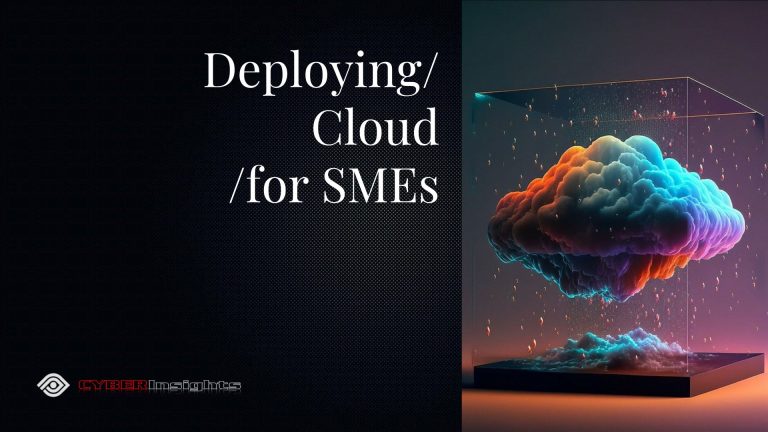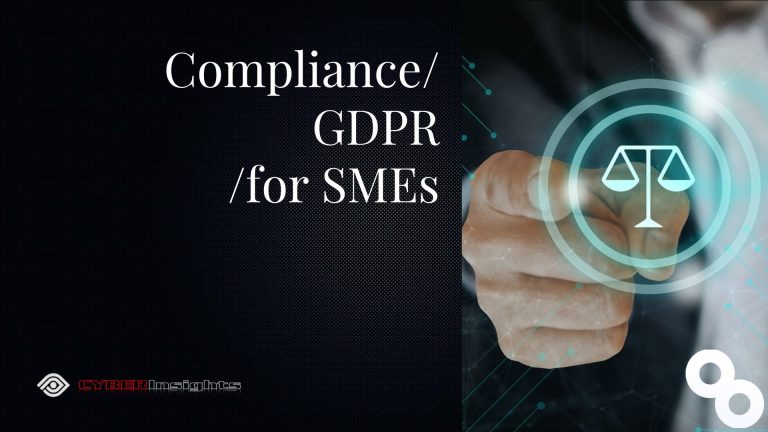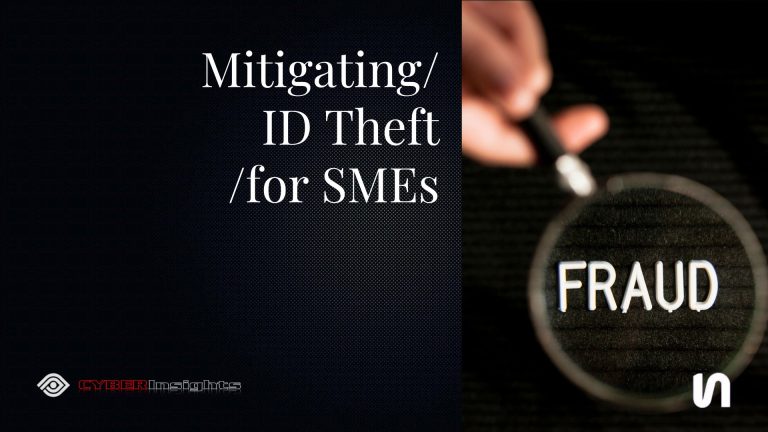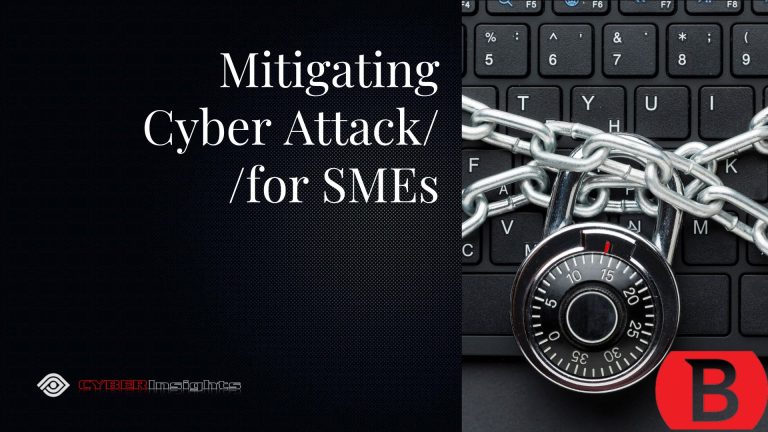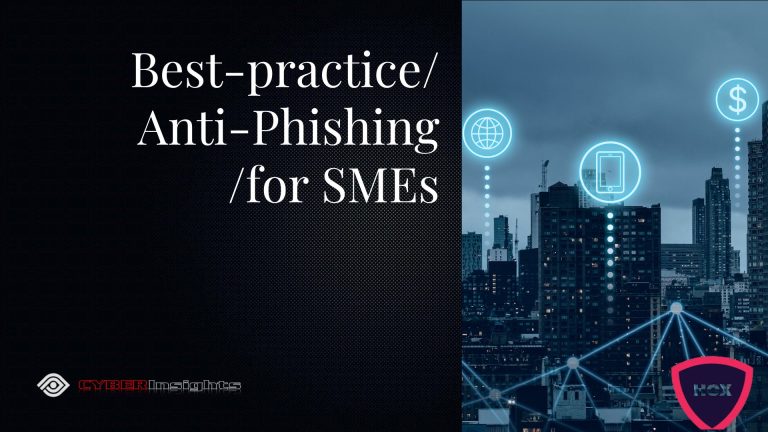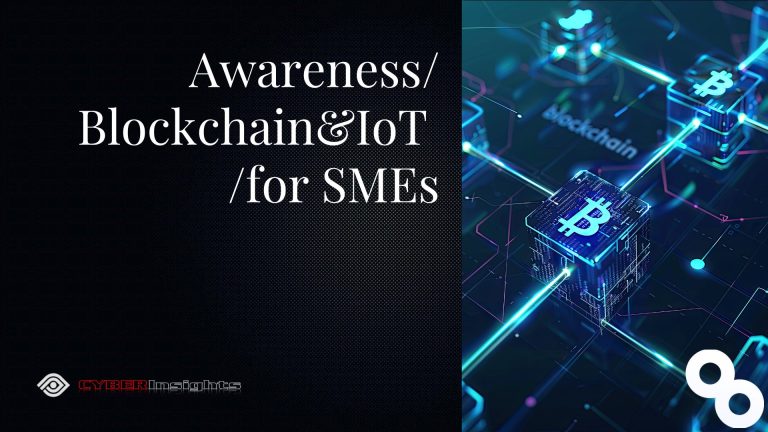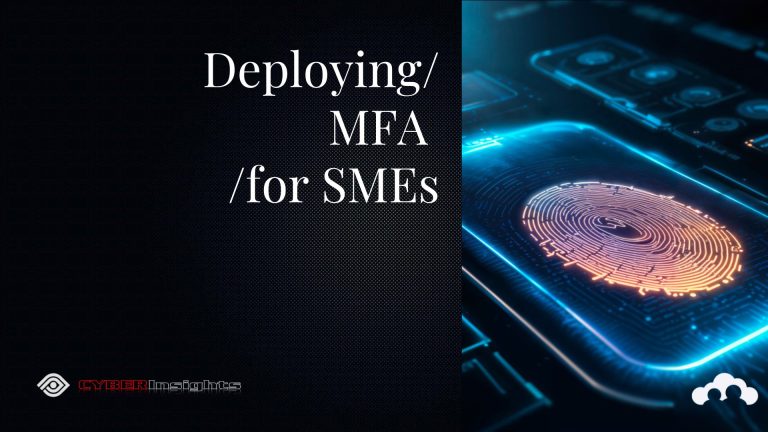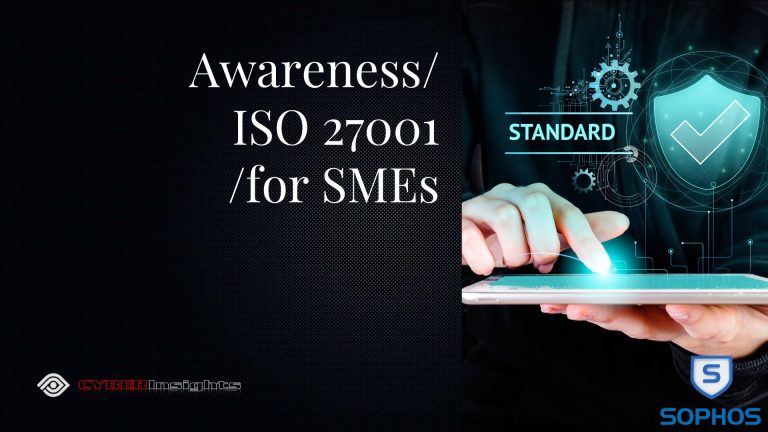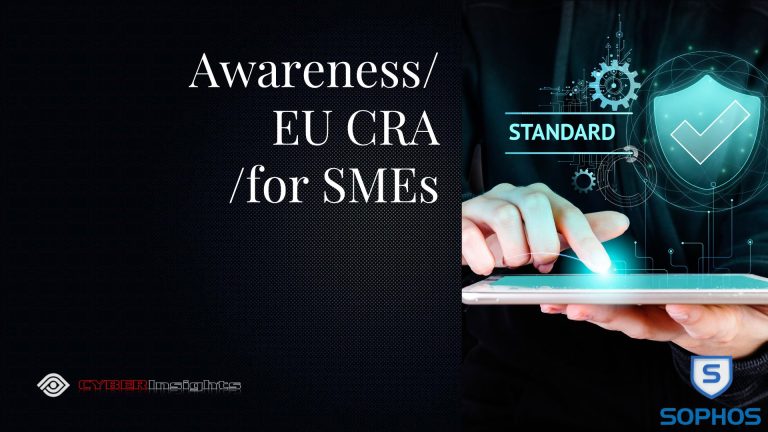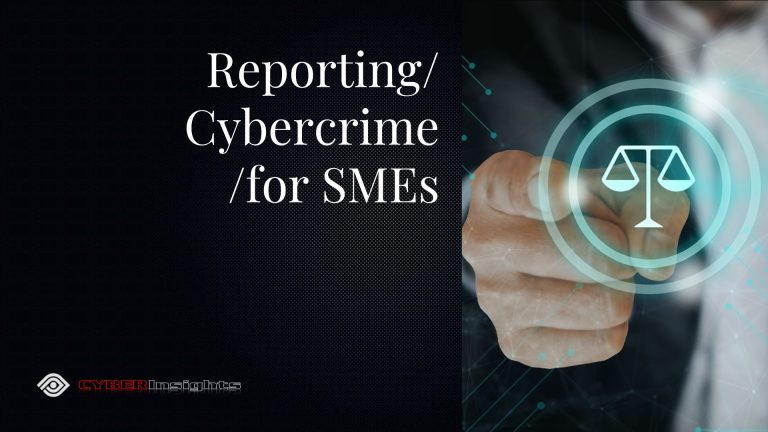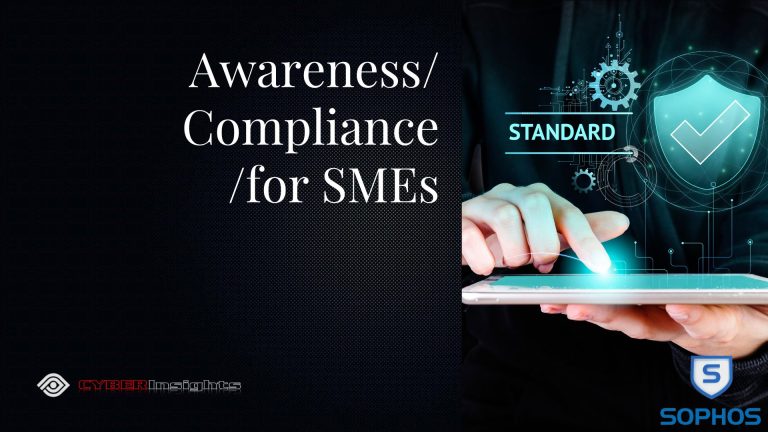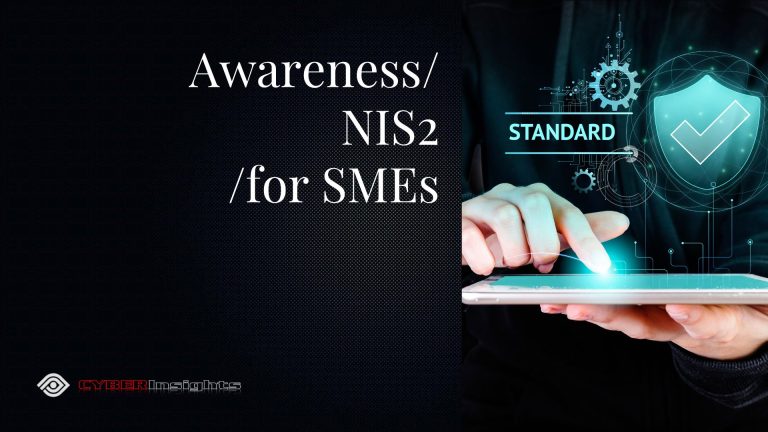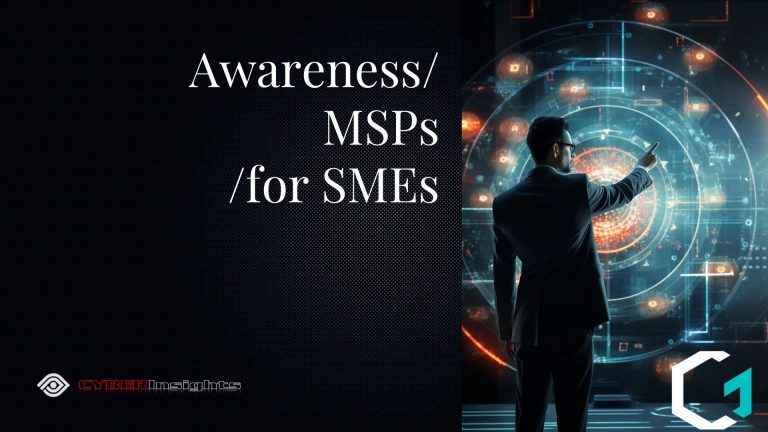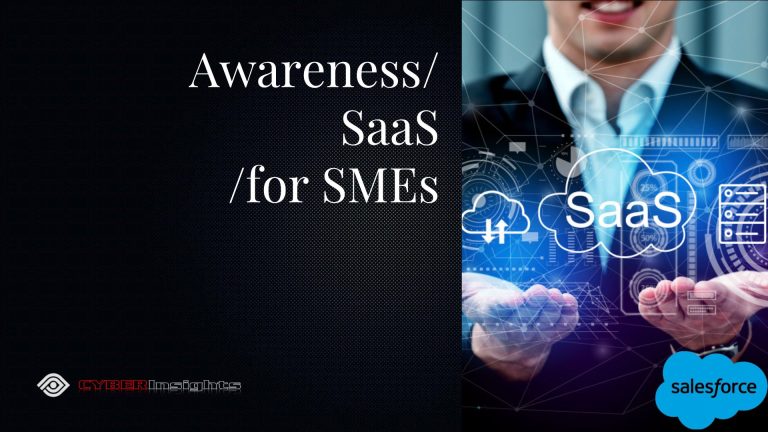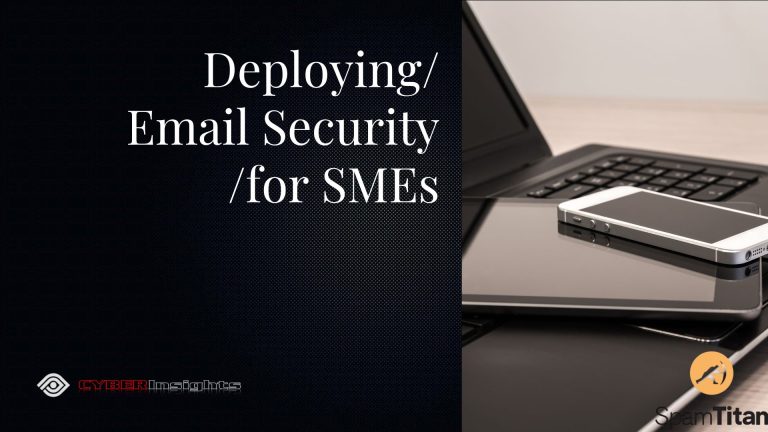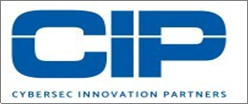SME CYBER: The 5 Cs of SME Cybersecurity: The Essential Framework for Cyber Resilience
May 22, 2025Helping Keep Small Business CYBERSafe!
Gibraltar: Thursday 22 May 2025 at 10:00 CET
SME CYBERSECURITY: The 5 Cs of SME Cybersecurity: An Essential Framework for UK SME Cyber Resilience
By: Iain Fraser – Cybersecurity Journalist
Published in Collaboration with: Nord VPN
SMECyberInsights.co.uk – First for SME Cybersecurity
Google Indexed on 220525 at 11:45 CET
#SMECyberInsights #SMECyberSecurity #SMECyberAwareness #CyberSafe #SME #SmallBusiness
Change, Compliance, Cost, Continuity, and Coverage
In today’s digital-first business landscape, UK small and medium enterprises face unprecedented cybersecurity challenges. As your trusted resource at SMECyberinsights.co.uk, we’ve adapted the crucial ‘5 Cs of SME Cybersecurity’ framework specifically for UK SME owners and their advisers. Understanding these five components—Change, Compliance, Cost, Continuity, and Coverage—provides a practical roadmap for protecting your business in an increasingly complex threat environment.
Change: Embracing Digital Evolution
For UK SMEs, technological change is constant and accelerating. Cyber threats evolve just as rapidly as the digital tools you rely on daily. Staying ahead means:
• Regularly updating legacy systems rather than maintaining vulnerable infrastructure
• Adopting secure, UK GDPR-compliant SaaS solutions appropriate for your business size
• Implementing continuous security awareness training for staff to recognise evolving social engineering tactics
• Building relationships with trusted UK-based cybersecurity partners who understand the specific threat landscape facing British businesses
Embracing strategic change ensures your SME doesn’t just react to threats but anticipates them, creating competitive advantage through security resilience.
Compliance: Navigating the UK Regulatory Landscape
For British SMEs, compliance isn’t merely ticking boxes—it’s fundamental to operational legitimacy and customer trust. The UK’s regulatory framework presents specific requirements:
• UK GDPR and Data Protection Act 2018 compliance, with particular attention to lawful processing grounds relevant to your sector
• Industry-specific regulations from bodies like the FCA for financial services firms or the ICO for data-intensive businesses
• Cyber Essentials and Cyber Essentials Plus certification—increasingly expected by larger clients and government contracts
• NIS Regulations for SMEs operating in essential service sectors
Meeting these standards demonstrates your commitment to best practices while mitigating risks of severe penalties that could devastate an SME’s finances and reputation.
Cost: Strategic Investment vs Breach Economics
For resource-conscious UK SMEs, cybersecurity spending must be viewed as strategic investment rather than overhead expense. Consider:
• The average cost of a data breach for UK small businesses ranges from £8,000 to £30,000—excluding reputational damage
• Implementing basic security measures costs significantly less than recovery from incidents
• Security investments can be phased strategically, focusing first on critical vulnerabilities
• Government support schemes like the UK Cyber Security Innovation Vouchers can offset costs
• Cybersecurity capabilities increasingly influence customer acquisition and retention, particularly when competing for corporate contracts
The question isn’t whether your SME can afford security—it’s whether it can withstand the financial impact of neglecting it.
Continuity: Ensuring Business Resilience
For UK SMEs, where 43% lack formal business continuity plans, developing resilience against cyber disruption is essential:
• Creating documented incident response procedures tailored to your specific business operations
• Implementing regular data backup systems with off-site and offline components
• Testing recovery processes before incidents occur—when did you last verify your backups?
• Identifying critical business functions and establishing minimum viable operations capabilities
• Considering regional risks unique to your location within the UK
Effective continuity planning ensures your business can maintain customer service and revenue generation even during cyber incidents, providing stability while competitors may struggle.
Coverage: Comprehensive Protection
Coverage extends beyond technical controls to encompass all aspects of your SME’s security posture:
• Physical security measures for your premises, especially protecting server rooms and areas where sensitive data is processed
• Vetting procedures for staff and contractors with access to systems
• Supply chain security assessments for your UK and international vendors
• Appropriate cyber insurance tailored for SMEs, with policies that specifically address your business model
• Regular independent security assessments to identify blind spots in your protection strategy
Conclusion: Building Your SME’s Cyber Resilience
For UK SME owners and advisers, the 5 C’s framework provides a comprehensive approach to cybersecurity that goes beyond technical solutions to encompass business strategy. By methodically addressing each component—Change, Compliance, Cost, Continuity, and Coverage—you create not just defence mechanisms but competitive differentiation.
In a business environment where cyber incidents increasingly determine which companies thrive and which struggle, your approach to these five elements may well define your future success. The SMECyberinsights.co.uk team is committed to supporting your journey toward cyber resilience with practical, UK-specific guidance tailored to your business needs.
This article is provided exclusively for subscribers of SMECyberinsights.co.uk. For personalised cybersecurity guidance for your UK SME, contact our advisory team.
What is a VPN & Does my SME Need one? A VPN is a Virtual Private Network a method of securing your communications credentials. When it comes to Small and Medium-sized enterprises (SMEs), the choice of VPNs can significantly impact the security and efficiency of their operations.
The NordVPN service allows you to connect to 5600+ servers in 60+ countries. It secures your Internet data with military-grade encryption, ensures your web activity remains private and helps bypass geographic content restrictions online. Join NordVPN Today and Save up to 73% and Get 3 months Extra Free – Rude Not to …!
UK Small Business Owner? Join SMECyber Free Now! & Access the SME Cyber Forum – Read, Learn, Engage, Share …
The Latest SME Cybersecurity News, Threat Intelligence & Analysis, Timely Scam Alerts, Best-practice Compliance, Mitigation & Resources specifically curated for UK Based SMEs in a Single Weekly Email direct to your Inbox or Smart Device together with Unrestricted Free Access to our entire SME Cyber Knowledge & Tutorial Library.

